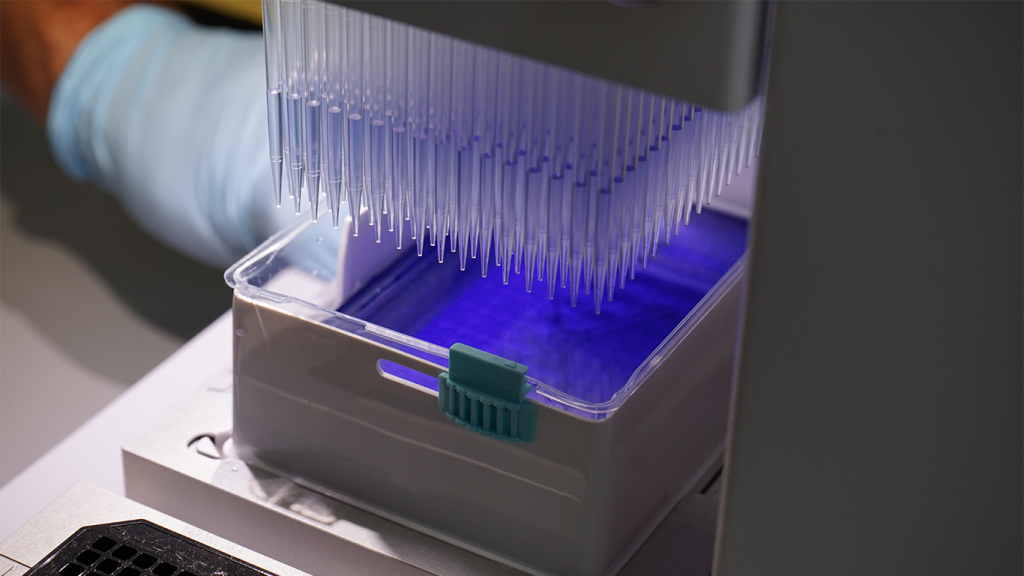The research lines developed by our programme are very diverse but they all have a common goal: generating knowledge that contributes to malaria control and elimination, globally. Regarding parasite biology, our researchers identified a key regulator gene that allows the parasite to survive adverse host conditions, including fever (1), and showed how the parasite can reset gene expression when it infects a new host (2). We also provided insights on how the malaria parasite uses extracellular vesicles to communicate within the host (3) and continued work on identifying new, druggable targets as well as the use of nanotechnology for developing new therapeutic and diagnostic agents.
In the clinics, we identified biomarkers associated with severe malaria and adverse outcomes in African children (4) and described the diagnostic accuracy of different methods (including postmortem evaluations) to investigate malaria as a cause of death (5). In collaboration with other research programmes at the institution, we provided evidence that helminth infections may create an immune environment that favours malaria infections and vice versa (6) and that maternal HIV infection reduces the transfer of antimalarial antibodies from the mother to the baby (7).
Regarding epidemiology, we are building genomic capacities in Mozambique that allow us to discriminate malaria parasites from different regions of the country and identify parasite resistance to antimalarials and diagnostic tests (8). As for vector control, we published the results of a cluster-randomised trial, showing that addition of a third-generation insecticide for indoor spraying resulted in greater protection for children under five years of age and is cost-effective (9,10). We also achieved important milestones in our One Health approach to malaria control, including the census and data collection in the highly endemic district of Mopeia (11, 12), and we continued testing new drug combinations in vulnerable populations (e.g. HIV-infected pregnant women) and drug-based malaria control and elimination strategies.

-
Tintó-Font E. Nat Microbiol.
-
Pickford AK. mBio.
-
Avalos-Padilla Y. PLoS Pathog.
-
Gupta H. Emerg Infect Dis.
-
Rakislova N. BMJ Glob Health.
-
Santano R. Microbiol Spectrum.
-
Alonso S. J Infect.
-
www.isglobal.org/genmoz
-
Chaccour C. Malar J.
-
Alonso S. Malaria J.
-
Ruiz Castillo P. Trends Parasitol.
-
Marathe A. BMJ Glob Health.











